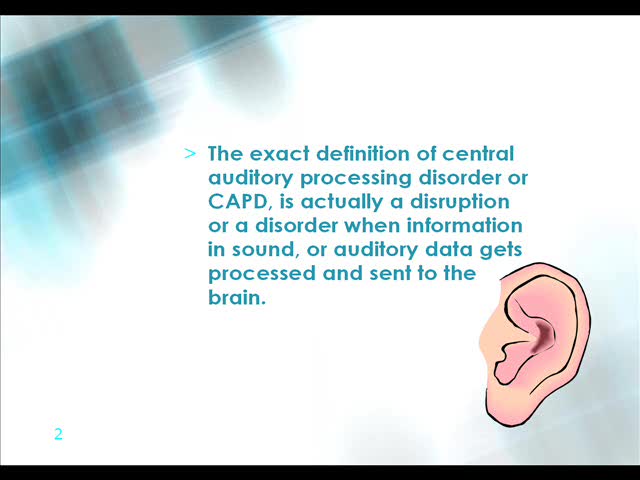

- #AUDITORY DYSLEXIA DEFINITION HOW TO#
- #AUDITORY DYSLEXIA DEFINITION MANUAL#
- #AUDITORY DYSLEXIA DEFINITION PROFESSIONAL#
Whether you are looking for a tutor for yourself or a child, a tutor provides support to build your skills and gain confidence in learning.
#AUDITORY DYSLEXIA DEFINITION HOW TO#
Whether you want to learn how to support dyslexia in your classroom or workplace, our bespoke training can be tailored to your needs. Our Branches aim to raise awareness and understanding of dyslexia by holding meetings which are open to the public. How do I find out if I'm dyslexic? Though some people ask about diagnosing dyslexia, we say assessing or identifying dyslexia. The Scottish working definition of dyslexia. Our Helpline gives information, advice and guidance on dyslexia-related issues in Scotland.
#AUDITORY DYSLEXIA DEFINITION PROFESSIONAL#
Find professional learning and resources here.ĭyslexic employees can add immense value to an organisation, if they're supported well. June 6, 2022.If you are looking to learn more about dyslexia in adults, then start your journey with us.ĭyslexia Unwrapped, the online hub for young people with dyslexia.įind out what you need to know as a parent of a dyslexic child.ĭyslexia can impact learning throughout the learner's lifetime. Learning Disabilities Association of America. Support: New to learning disabilities.Information and resources for adolescents and adults with dyslexia ⸺ It's never too late.National Institute of Neurological Disorders and Stroke.
#AUDITORY DYSLEXIA DEFINITION MANUAL#
In: Diagnostic and Statistical Manual of Mental Disorders DSM-5-TR. Current research informing the conceptualization, identification, and treatment of dyslexia across orthographies: An introduction to the special series. Reintroducing dyslexia: Early identification and implications for pediatric practice. Reading difficulty in children: Interventions. Reading difficulty in children: Clinical features and evaluation. It can also cause hyperactivity and impulsive behavior, which can make dyslexia harder to treat. ADHD can cause difficulty keeping attention. This can have negative long-term educational, social and economic impacts.Ĭhildren who have dyslexia are at increased risk of having attention-deficit/hyperactivity disorder (ADHD), and vice versa.

The inability to read and comprehend can prevent children from reaching their potential as they grow up. Left untreated, dyslexia may lead to low self-esteem, behavior problems, anxiety, aggression, and withdrawal from friends, parents and teachers. Because reading is a skill basic to most other school subjects, a child with dyslexia is at a disadvantage in most classes and may have trouble keeping up with peers. Complicationsĭyslexia can lead to several problems, including: Risk factorsĪ family history of dyslexia or other reading or learning disabilities increases the risk of having dyslexia. Dyslexia appears to be linked to certain genes that affect how the brain processes reading and language. When dyslexia goes undiagnosed and untreated, childhood reading difficulties continue into adulthood.ĭyslexia results from individual differences in the parts of the brain that enable reading. Talk with your health care provider if your child's reading level is below what's expected for your child's age or if you notice other signs of dyslexia. Though most children are ready to learn reading by kindergarten or first grade, children with dyslexia often have trouble learning to read by that time.

Some common dyslexia symptoms in teens and adults include:



 0 kommentar(er)
0 kommentar(er)
